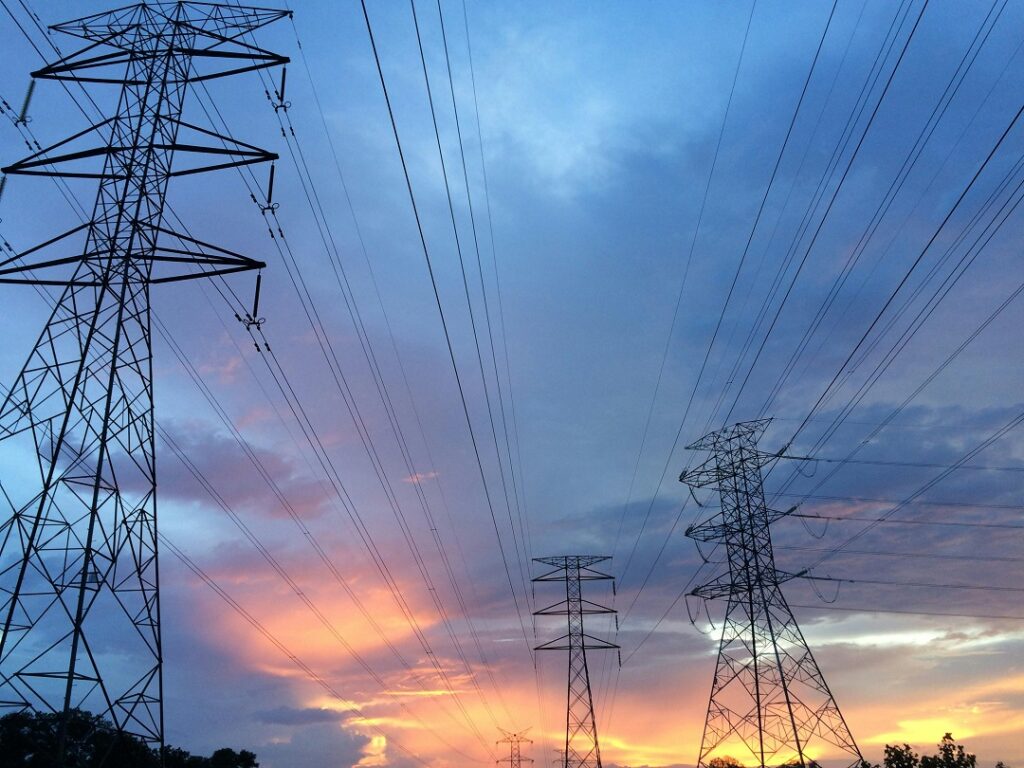
ISLAMABAD: Pakistan’s government is taking steps to resolve the power sector’s circular debt, which has reached 2.4 trillion Pakistani rupees (PKR), and is working to reduce electricity tariffs for consumers, according to recent reports and analysis.
The government plans to address the circular debt, which includes PKR 1.7 trillion owed to power generation companies and PKR 683 billion held by Power Holding Ltd., through a combination of new loans and budget allocations.
Under the proposed plan, PKR 1.25 trillion will be borrowed from banks, with PKR 683 billion used to reschedule Power Holding’s loan at a reduced interest rate. The remaining PKR 821 billion will be paid to power generation companies.
To service the debt, the government will use an existing surcharge of PKR 3.23 per kilowatt-hour (KWh) already levied on consumers. This surcharge is expected to generate PKR 342.8 billion annually, based on the sale of 106 billion KWh of electricity.
A sensitivity analysis conducted by Arif Habib Limited (AHL) suggests that the plan could lead to significant savings, with potential reductions in consumer tariffs depending on how much of the savings are passed on to consumers. For example, if 50% of the savings are used for debt repayment, consumers could see a reduction of PKR 0.96 per KWh, with the debt repaid over 12.2 years.
The government has also taken additional measures to reduce power tariffs, including terminating power purchase agreements (PPAs) with five independent power producers (IPPs), saving PKR 60 billion and reducing tariffs by PKR 0.57 per KWh. Additionally, contracts with 18 IPPs have been renegotiated from a “take or pay” model to a hybrid “take and pay” model, potentially saving PKR 72 billion and lowering tariffs by PKR 0.67 per KWh.
Further measures under consideration include redirecting gas from less efficient captive power plants to more efficient IPPs, which could reduce electricity costs by PKR 3.35 per KWh. The government is also exploring increasing petroleum levy collections, which could generate an additional PKR 53 billion and reduce tariffs by PKR 0.84 per KWh.
The resolution of circular debt is expected to benefit several listed companies, including Pakistan State Oil (PSO) and various coal-based power plants. PSO, which imports liquefied natural gas (LNG) for RLNG-based power plants, is expected to receive payments that could help it repay short-term borrowings.
The government’s efforts to reduce power tariffs come as domestic electricity prices have risen significantly in recent years, from PKR 18 per KWh in July 2018 to PKR 48.8 per KWh in July 2024. The proposed measures could potentially reduce the average cost of electricity from PKR 35.5 per KWh to PKR 24.39 per KWh, a reduction of 31.3%.
While the plan aims to alleviate the financial burden on consumers and improve the efficiency of the power sector, analysts caution that the success of these measures will depend on effective implementation and continued efforts to address structural issues in the sector.